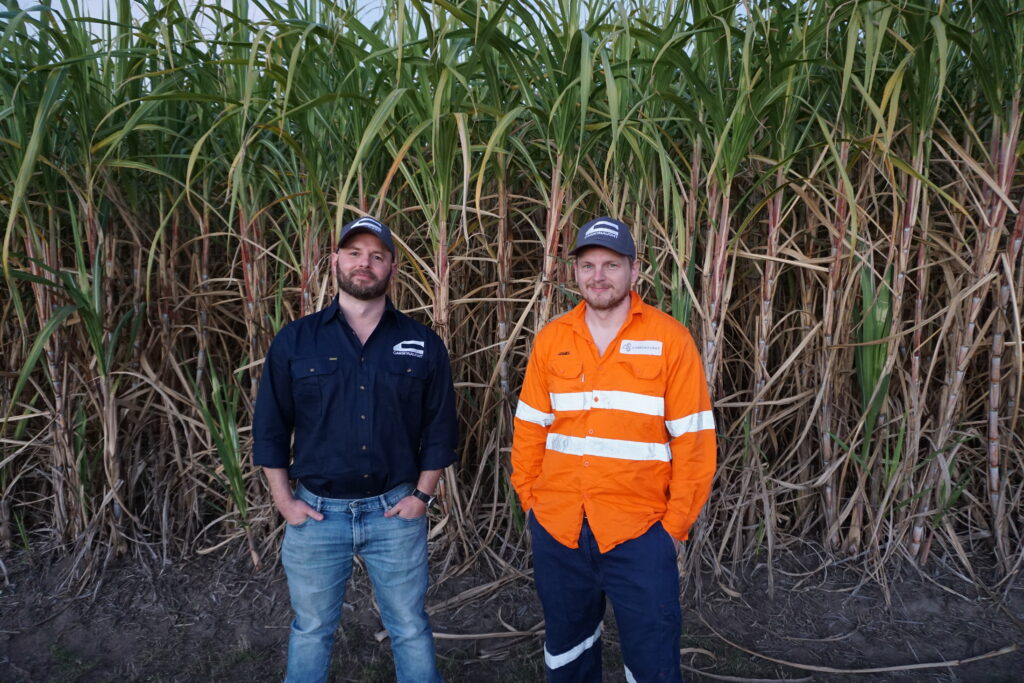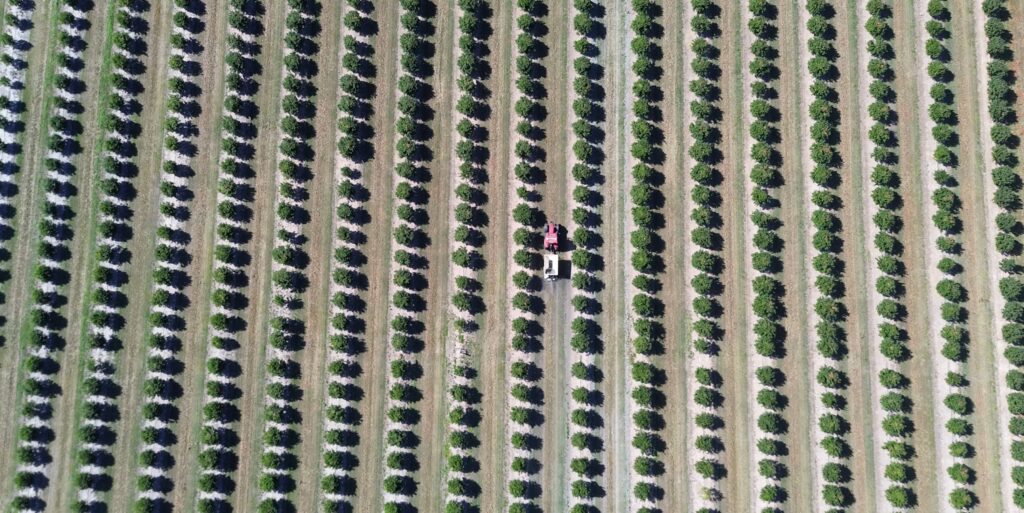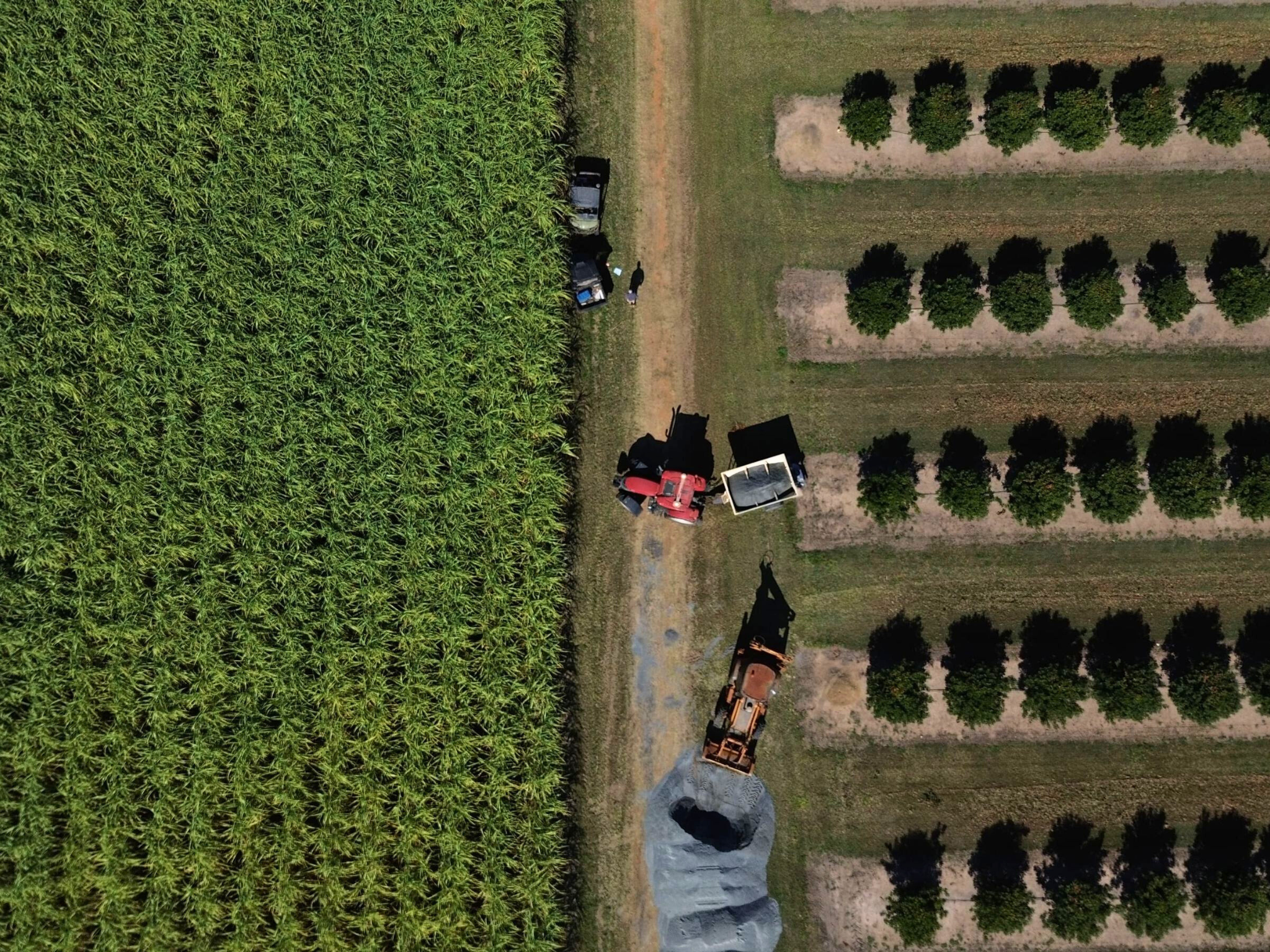4 Mins Read
Australian startup Carbonaught has received financing from Better Bite Ventures for its low-emission agriculture tech, which sequesters carbon, fixes nitrogen and increases production through basalt.
Carbonaught, an Australian agtech startup turning rocks into carbon-sequestering fertilisers, has obtained fresh capital from Singaporean VC firm Better Bite Ventures.
The investment (whose sum is undisclosed) is part of the latter’s First Bite financing scheme for climate-tackling food startups at different stages, from idea and early prototyping to validation.
Carbonaught’s technology taps enhanced rock weathering, a technique that accelerates chemical reactions between rocks, water and air by spreading ground rocks like basalt onto surfaces. This helps remove carbon dioxide from the atmosphere and store it in rocks.
While weathering is a natural process that has happened for millions of years, startups like Carbonaught are speeding up the process to bring benefits to the planet, farmers, as well as the carbon market, enabling “a system where all parties win”.
This is also why Better Bite Ventures has backed the Queensland-based company. “We are looking forward to seeing the team helping make enhanced rock weathering a core part of the global agricultural system, and in the process taking a real bite out of fertiliser emissions and atmospheric carbon dioxide,” said Simon Newstead, founding partner at the VC firm.
The farming potential of enhanced rock weathering

When it rains, the water combines with the carbon dioxide present in the atmosphere to form carbonic acid. As it falls on mountains and farmland, the gas mineralises after interacting with the rocks and soil, and is stored as solid carbonate.
But enhanced rock weathering makes this process dramatically faster. It is becoming increasingly popular as a climate solution, with a host of players including InPlanet, Undo, Vesta, Eion and Lithos Carbon.
For Carbonaught – founded in 2021 by CEO Andrew Pedley and CTO James Lyons – this involves using crushed pieces of basalt that increase the contact between the rain and the rock, and therefore weathering.
The carbonic acid melts the basalt to release nutrients like calcium, phosphorus, magnesium and potassium, helping plants grow and reducing the acidity in soil. The process also absorbs carbon dioxide permanently to form stable carbon minerals.
According to Carbonaught, a 25-tonne basalt carpet using standard farming machinery, will break down and release 500 kgs each of phosphorus and potassium, and 2,000 kgs each of calcium and magnesium.
Its process offers three emissions reduction paths. The first involves replacing up to half of conventional synthetic fertiliser use with higher nitrogen-fixing efficiency. Then there’s permanent carbon removal, which is enabled by soil inorganic carbon that transforms atmospheric CO2 into stable carbonate minerals.
And finally, Carbonaught also helps with non-permanent carbon removal, with the release of essential nutrients creating conditions like increased soil PH to promote microbial growth and the accumulation of soil organic carbon.
Carbonaught overcomes key obstacles in weathering tech

Farmers have reaped the benefits of volcanic ash for centuries, allowing them to lower their dependency on fertilisers. But there have been several roadblocks keeping enhanced rock weathering from widespread adoption.
Connecting mines and quarries with farmers, growers and end buyers is a complex exercise, while trustworthy measurement and verification schemes are lacking. That has made it hard to prove that the effects are fast and large enough to justify farmers adopting the practice.
Carbonaught’s platform aims to solve these challenges, with a platform that opens the door for the efficient sourcing and distribution of crushed basalt, provides modelling and application guidance for farmers on-site, and carries out deep measurement and verification to validate soil health and emissions benefits. It also has a marketplace to connect growers of these low-emission crops to buyers.
This offers benefits to everyone. Rock providers get a new revenue stream; farmers get better yields, soil health, and savings on costly fertilisers; and buyers get verified low-carbon products. And the accelerated nature of the process keeps things financially viable.
Carbonaught is deploying its technology in trials in Australia and the US. In the former, it’s implementing its weathering technique on a sugarcane farm, as well as banana plantations and orange orchards, while helping validate its potential on an avocado and macadamia farm.
The startup’s prospects were recognised by the Queensland government too, which awarded it an A$74,800 ($50,000) grant earlier this year as part of its Ignite Spark funding scheme.
Fertilisers are one of five focus areas in the latest round of Better Bite Ventures’ First Bite scheme, which also involves rice production, palm oil, cocoa and coffee, and food waste. In June, it invested in Singapore-based ag-fintech AgriG8, which is helping Asian farmers reduce methane emissions from rice production.
Disclaimer: Green Queen founder and editor-in-chief Sonalie Figueiras is a Venture Partner at Better Bite Ventures.



